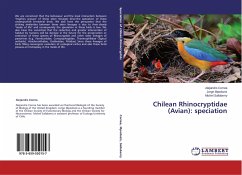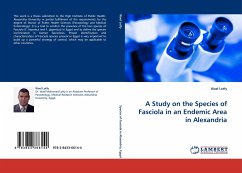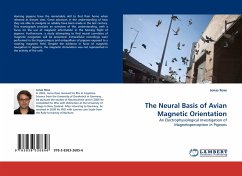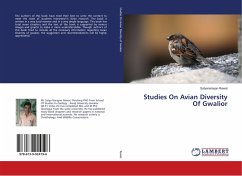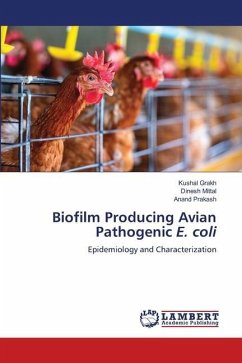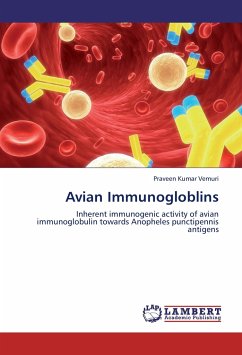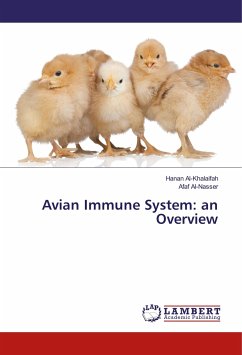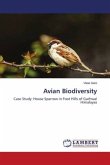We are convinced that the behaviour and the local interaction between "trophics groups" of these sister lineages drive the speciation of these undergrowth terrestrial birds. We also have the persuasion that the striking similarities between these sister lineages is due to their closely "mode of life" and consequently the speciation in these birds is low. We also have the conviction that the reduction and greater intervention of habitat by humans will be decisive in the future for the preservation or extinction of these species of Rhinocryptids and other sister lineages of passerines (e.g. Formicariidae, Conopophagidae, Thamnophilidae (Typical antbirds), Atrichornithidae, Grallariidae, Pittidae). Since these lineages of birds filling convergent evolution of ecological niches and also these birds possess an homoplasy in the mode of life.
Bitte wählen Sie Ihr Anliegen aus.
Rechnungen
Retourenschein anfordern
Bestellstatus
Storno

